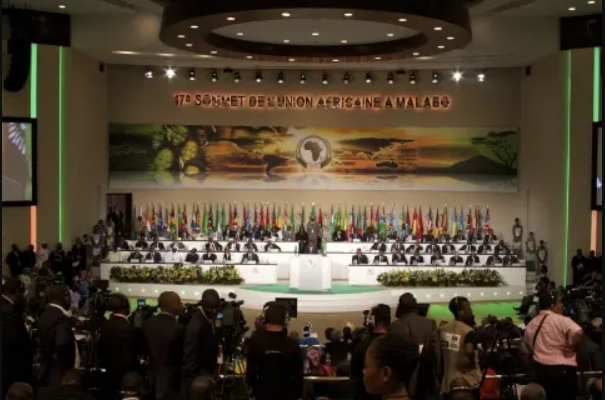Implications for Justice in Africa: Angola Takes the Lead in Ratifying the Malabo Protocol
Angola has achieved a watershed moment in AU history by ratifying the Malabo Protocol, which established the African Court of Justice and Human Rights. A strong legal system in Africa is within reach, and this landmark signifies a major milestone on that path. Nevertheless, fourteen additional AU member states must ratify the Malabo Protocol before it may enter into force.
The Malabo Protocol: A Tutorial
A criminal jurisdiction over some international crimes will be added to the soon-to-be-established African Court of Justice and Human Rights by the Malabo Protocol. With the goal of resolving human rights disputes and complaints between states, this proposed court would play a crucial role in the struggle against the impunity that has followed major international crimes committed in Africa. This court would collaborate with the ICC, special international courts, and national courts.
Characteristics and Applicability
A striking feature of the Malabo Protocol is its extensive authority over various offenses, including those that are highly pertinent to the modern problems and colonial legacies facing Africa. One important step toward making multinational businesses answer for their conduct on the African continent is the establishment of corporate criminal responsibility.
Fifteen judges will preside over the court’s three divisions, which are slated to deal with international criminal law, human rights, and general affairs. In contrast to the International Criminal Court (ICC), which uses 18 judges to hear cases involving four main crimes, this setup will enable the court to hear cases involving a wider range of 14 basic crimes.
Problems and Disagreements
In order for the court to successfully advance justice in Africa, the Malabo Protocol must overcome numerous key obstacles, notwithstanding its lofty objectives. African presidents of state and other prominent state leaders are granted protection from prosecution, which is a big concern. The idea of equal application of the rule of law may be undermined by this provision, which differs significantly from the practices of other international tribunals like the ICC and the Special Court for Sierra Leone.
Furthermore, it is debatable whether the court’s fifteen judges have the necessary expertise to address the wide range of subjects that are anticipated of them. The mission and resources of the current African Court on Human and Peoples’ Rights, which was founded in 2004, should not be surpassed by those of the future criminal court.
How to Proceed
There will be duplication of effort on the part of the 33 AU member states that have ratified the treaty creating the ICC due to the creation of the African Court of Justice and Human Rights under the Malabo Protocol. All three of these tribunals—the International Criminal Court (ICC), the African Court of Justice, and the national courts—impose different but complementary duties on these nations.
The ratification of the Malabo Protocol by Angola is an admiral act of leadership that should serve as an example to other member states of the African Union. In order for the new court to operate efficiently and without legal uncertainties, it is essential that Angola and other ratifying nations strive to clarify these requirements.
In summary
With Angola’s acceptance of the Malabo Protocol, Africa’s legal system has taken a giant leap forward. Some of the most serious international crimes on the African continent may be addressed by the Malabo Protocol, which expands the jurisdiction of the African Court of Justice and Human Rights. But we need to think about and figure out how to solve the problems it brings, especially with the immunity provision and the distribution of resources. Many AU member states must work together to ratify this judicial endeavor and ensure that justice and the rule of law are upheld across Africa for it to be successful.



















